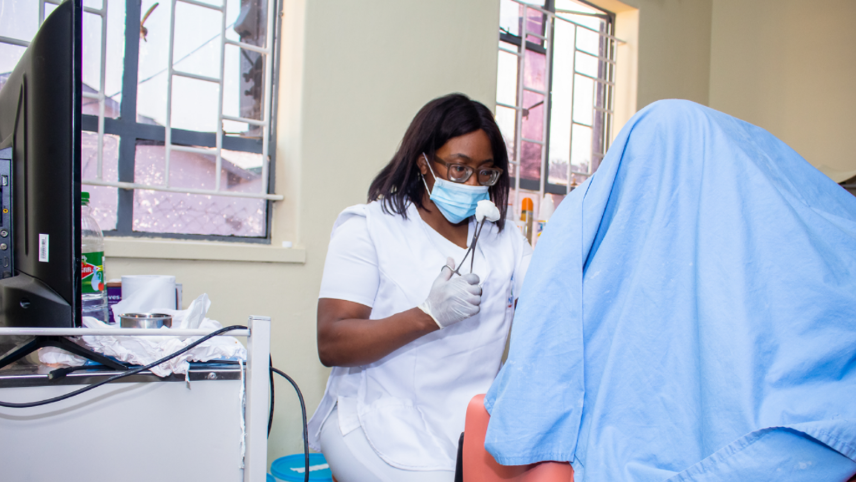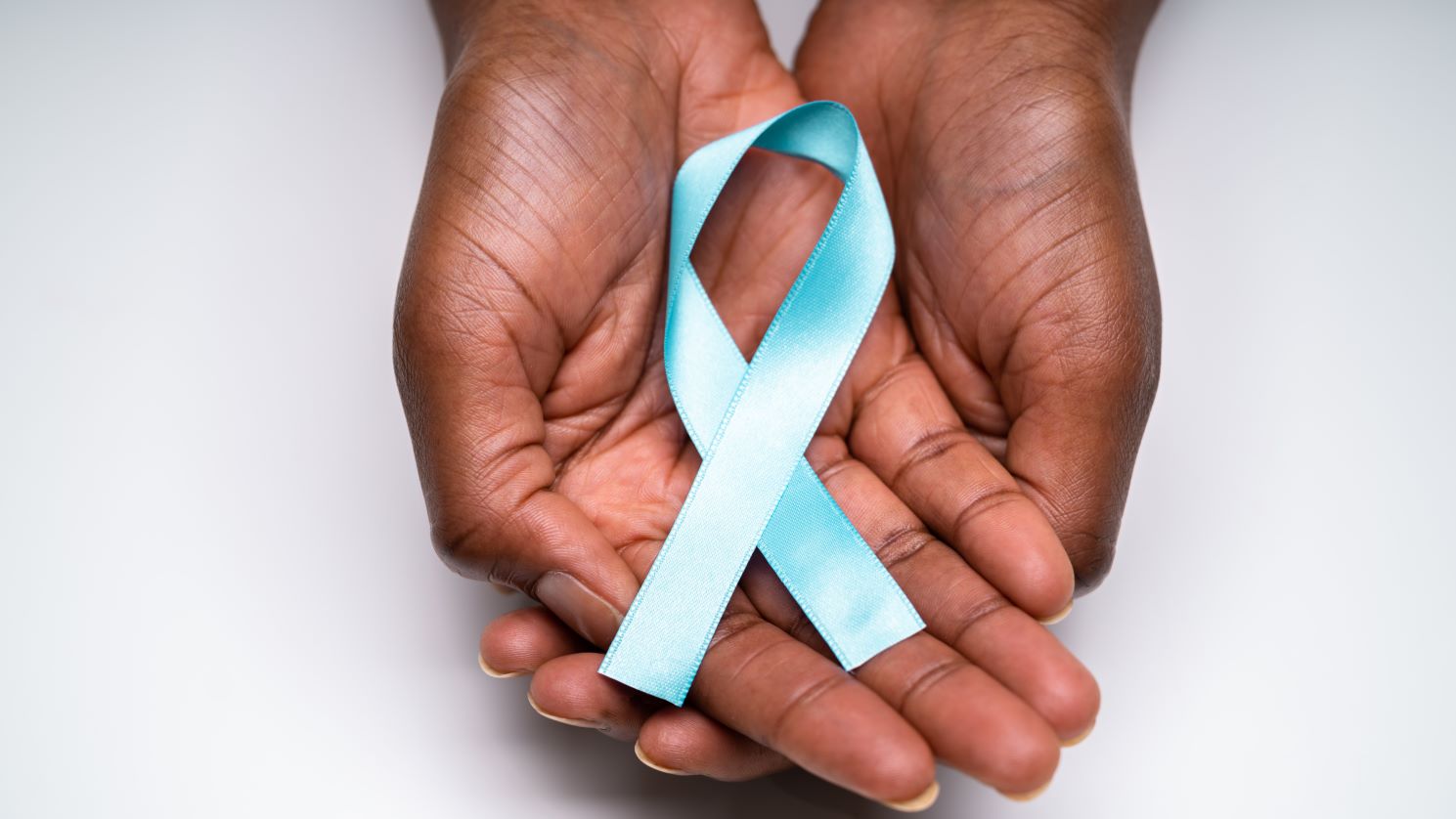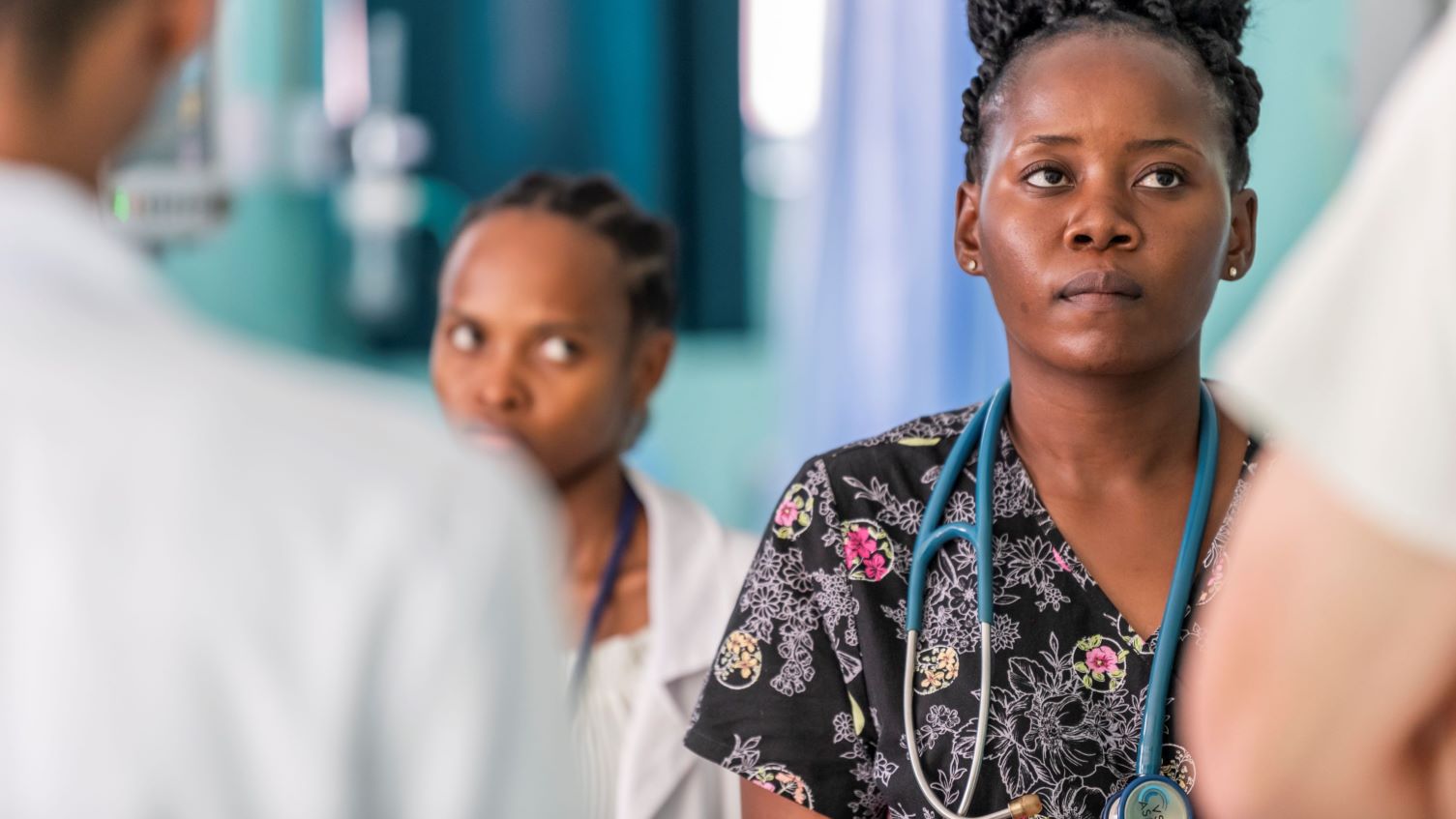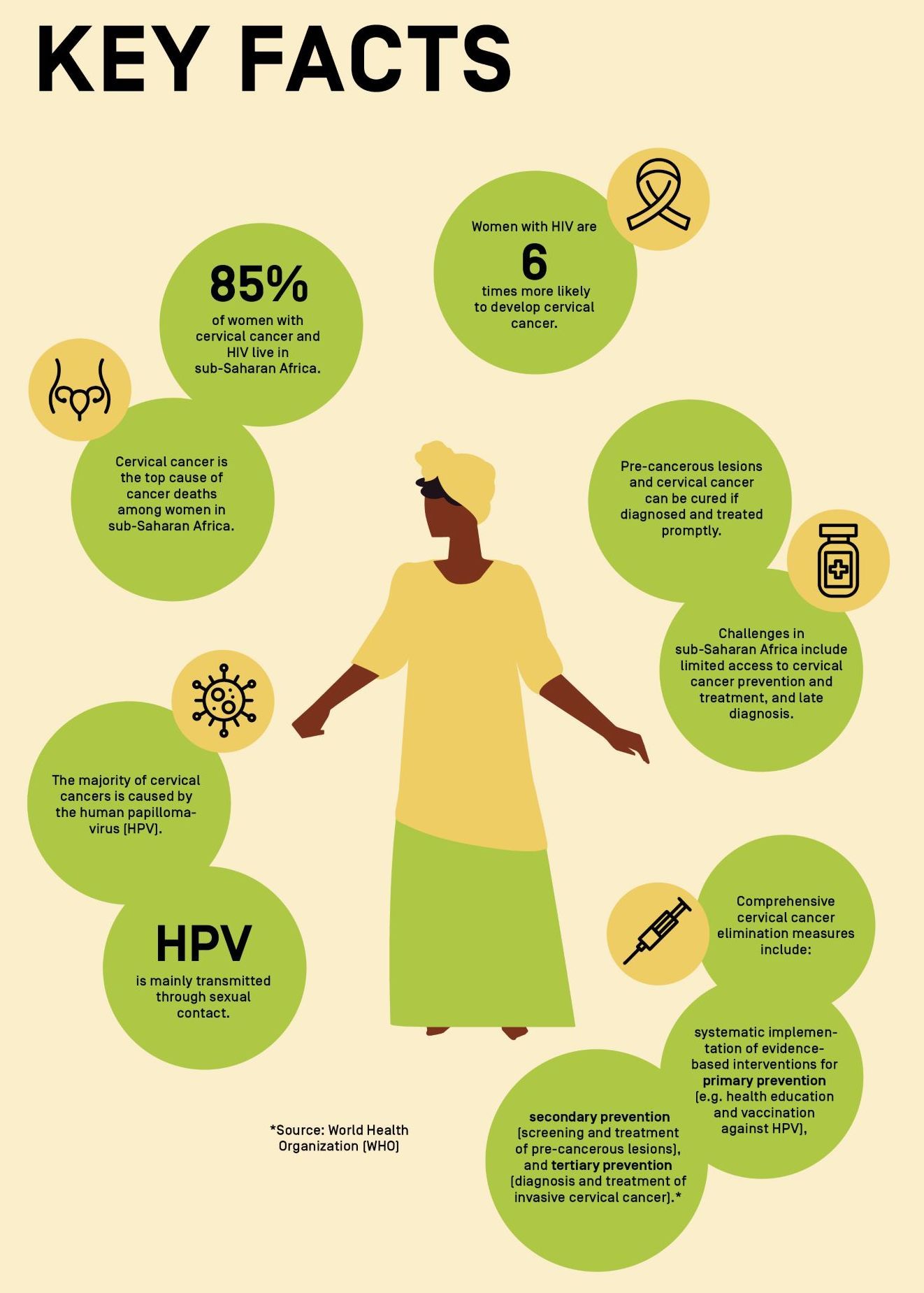Group | Cancer Disparities
Cancer is the leading cause of morbidity and mortality: about 1 in 5 people will develop cancer in their lifetime (WHO). The causes of cancer are multifactorial and most cancer deaths are avoidable, either by prevention or treatment. Stark cancer inequities exist within and between regions, disproportionally affecting socially and socio-economically disadvantaged people. The Cancer Disparities group conducts high quality research at the intersection of cancer and HIV on a global scale.
Our research activities span from assessing the burden of cancer in populations living with HIV, to improving quality of and access to health care as well as to critically assessing and synthesising the evidence for cancer prevention and treatment. We use probabilistic record linkage methods to bridge data silos from routine care, to inform cancer incidence, risk factors and access to care in people living with HIV. We conduct diagnostic test accuracy studies to determine the accuracy of screening methods for cervical pre-cancer in women living with HIV in low-resource settings. Our work informs clinical and public health practice through clinical guidelines and policy briefs.
For this purpose, we collaborate with international partners in South Africa (National Cancer Registry), Zambia (Centre for Infectious Disease Research in Zambia, CIDRZ) and Tanzania (Ifakara Health Institute), as well as international research organisations. We also work with partners in Mozambique, Zimbabwe, Cameroon, Burkina Faso, Côte d’Ivoire, Nigeria, Republic of Congo, Democratic Republic of Congo, Uganda, Rwanda, Burundi, Malawi, Mozambique and Lesotho.
We strengthen capacity by training PhD students jointly supervised by Swiss TPH staff and international partners, and we foster mutual learning through joint teaching and training activities.
Our research generates impact at clinical and public health level and our group members have received awards and prizes for their research.

Julia Bohlius
MD MScPH, Prof. Dr. med.
Group Leader
+41612848840
julia.bohlius@swisstph.ch
Key Projects
Framework for Cervical Cancer Prevention and Care Cascade in Women Living with HIV
Cervical cancer is the leading cause ofcancer related deaths among women in sub-Saharan Africa. Women living with the human immunodeficiency virus (HIV) are six times more likely to develop cervical cancer than those who are HIV negative. To tackle this issue, the Cervical Cancer Prevention and Care Cascade framework has been developed to enhance cervical cancer screening programmes for women living with HIV in sub-Saharan Africa. Read more

South African Cervical Cancer Screening Cohort
Screening for cervical pre-cancer is available in South Africa, but there is no systematic approach to monitoring and improving screening efforts. The project will establish a comprehensive cohort study by linking data on cervical pre-cancer screening, diagnosis and treatment from the National Health Laboratory System (NHLS) and cancer records from the National Cancer Registry (NCR) in South Africa to assess the provision of and access to cervical cancer screening among women living in South Africa. The results of the study will help improve cervical cancer control programmes in South Africa and other countries in the region. Read more

Transdisciplinary Science for Smarter Implementation Strategies
The TRACCTION study aims to understand the cancer landscape in Tanzania and contribute to the elemination of cervical cancer in the country. The mixed-methods study uses a transdisciplinary approach to explore women's perceptions of cervical cancer care, document the cervical cancer care cascade from screening to treatment for women living with and without HIV, and identify demand-side gaps and opportunities to increase uptake of cervical cancer screening and treatment in Kilombero District, Tanzania. Read more
Latest Publications
All PublicationsMoono M et al. The cervical cancer screening and precancer treatment journey: a qualitative study of experiences among Zambian women living with and without HIV. Oncologist. 2026;31(1):oyaf412. DOI: 10.1093/oncolo/oyaf412
Dhokotera T et al. Generative artificial intelligence for data analysis: a randomised controlled trial in a public health research institute. Int J Public Health. 2025;70:1608572. DOI: 10.3389/ijph.2025.1608572
Löfflad-Bürkin B.M, Matthiä A, Krasna H, Künzli N, Bohlius J, Czabanowska K. A scoping review of transformational leadership development in health-related PhD programs. Health Policy. 2025;161:105411. DOI: 10.1016/j.healthpol.2025.105411
Ruffieux Y et al. HIV-1 viremia and cancer risk in 2.8 million people: the South African HIV cancer match study. Clin Infect Dis. 2025;81(2):286-295. DOI: 10.1093/cid/ciae652
Asangbeh-Kerman S.L et al. Cervical cancer prevention and care in HIV clinics across sub-Saharan Africa: results of a facility-based survey. J Int AIDS Soc. 2024;27(7):e26303. DOI: 10.1002/jia2.26303

 Peace Ayeni
Peace Ayeni
 Tafadzwa Gladys Dhokotera
Tafadzwa Gladys Dhokotera
 Daniel Kipo
Daniel Kipo
 Mwansa Lumpa
Mwansa Lumpa
 Sizeka Mashele
Sizeka Mashele
